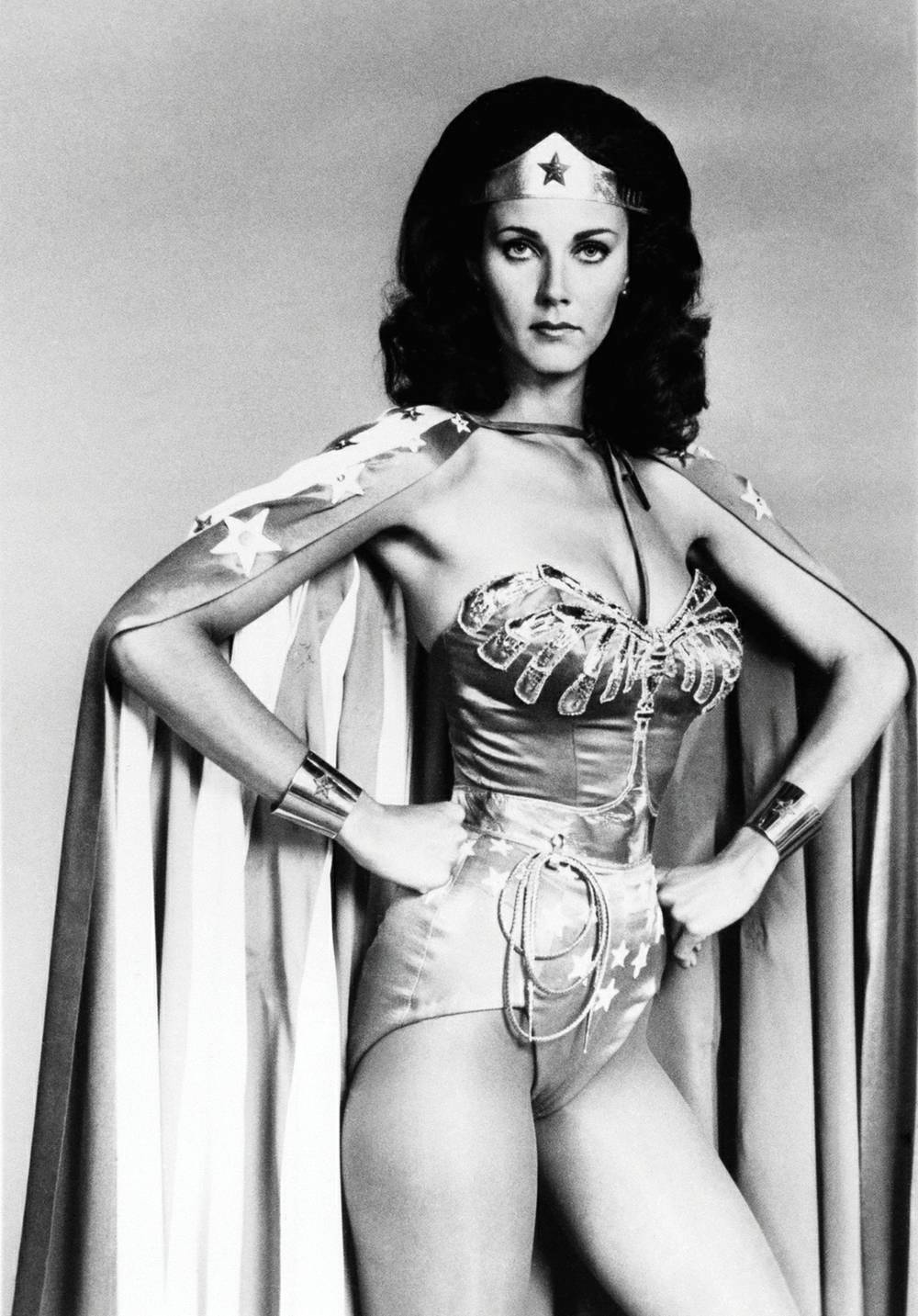Wonder Woman, created by psychologist and writer William Moulton Marston in 1941, has become a feminist icon and symbol for female empowerment. Her representation as a strong, independent, and compassionate hero challenges traditional gender roles and has had a significant impact on generations of women and girls. Wonder Woman has influenced fashion, art, music, and politics, and has been used as a symbol for feminist movements and political campaigns. Despite controversy surrounding her sexualized portrayal in comics and movies, Wonder Woman’s legacy continues to inspire and shape popular culture and political discourse, serving as a testament to the ongoing need for gender equality.
The Enduring Legacy of Wonder Woman: A Feminist Icon
Since her creation in 1941, Wonder Woman has become not only one of the most recognizable and beloved superheroes, but also a significant symbol for feminist empowerment. Her strength, resilience, and unwavering commitment to justice and compassion have made her an icon for women and girls around the world.
Origins
Created by William Moulton Marston, a psychologist and writer, Wonder Woman was designed to be a feminist hero who could break through gender stereotypes and provide representation and inspiration for women in a male-dominated world. Marston was inspired by the suffragette movement and the Amazons of Greek mythology, and he believed that women had the potential for strength and empowerment that had not yet been fully recognized or utilized in society.
Representation
Wonder Woman’s representation as a powerful, independent, and compassionate hero has had a profound impact on generations of women and girls. She demonstrates that strength, intelligence, and compassion are not mutually exclusive, and that women can be powerful agents for change in their communities and the world. Her character also challenges traditional gender roles, as she is strong and capable in battle but also nurturing and empathetic towards those who are vulnerable.
Cultural Impact
Wonder Woman’s cultural impact extends beyond comic books and movies to influence fashion, art, music, and politics. Her distinctive costume, featuring a tiara, bracelets, and a golden lasso, has become a symbol of female strength and independence. She has inspired countless artists, musicians, and writers to create works that celebrate her enduring legacy and message of female empowerment.
Politically, Wonder Woman has been used as a symbol for feminist movements and political campaigns. During the 1970s women’s movement, Wonder Woman became a figurehead for the feminist cause, with supporters wearing Wonder Woman t-shirts and carrying signs emblazoned with her image. More recently, Wonder Woman was used as a symbol for the Women’s March in 2017, with signs declaring “Wonder Woman for president” and “We are all Wonder Women.”
Feminist Controversies
Despite her iconic status as a feminist hero, Wonder Woman has also been the subject of controversy within feminist circles. Some feminists argue that her overt sexuality and sexualized portrayal in comics and movies perpetuate harmful stereotypes and objectify women. Others argue that her representation as a beautiful, Amazonian warrior demonstrates that women can be strong and attractive, and that her sexual agency is a part of her character and story.
Conclusion
Despite the controversies surrounding her representation, Wonder Woman remains a powerful and enduring symbol for feminist empowerment. Her message of strength, compassion, and justice serves as an inspiration to women and girls around the world, and her legacy continues to influence and shape popular culture and political discourse. As we face ongoing challenges to gender equality, Wonder Woman’s voice and vision remain as relevant and necessary as ever.
